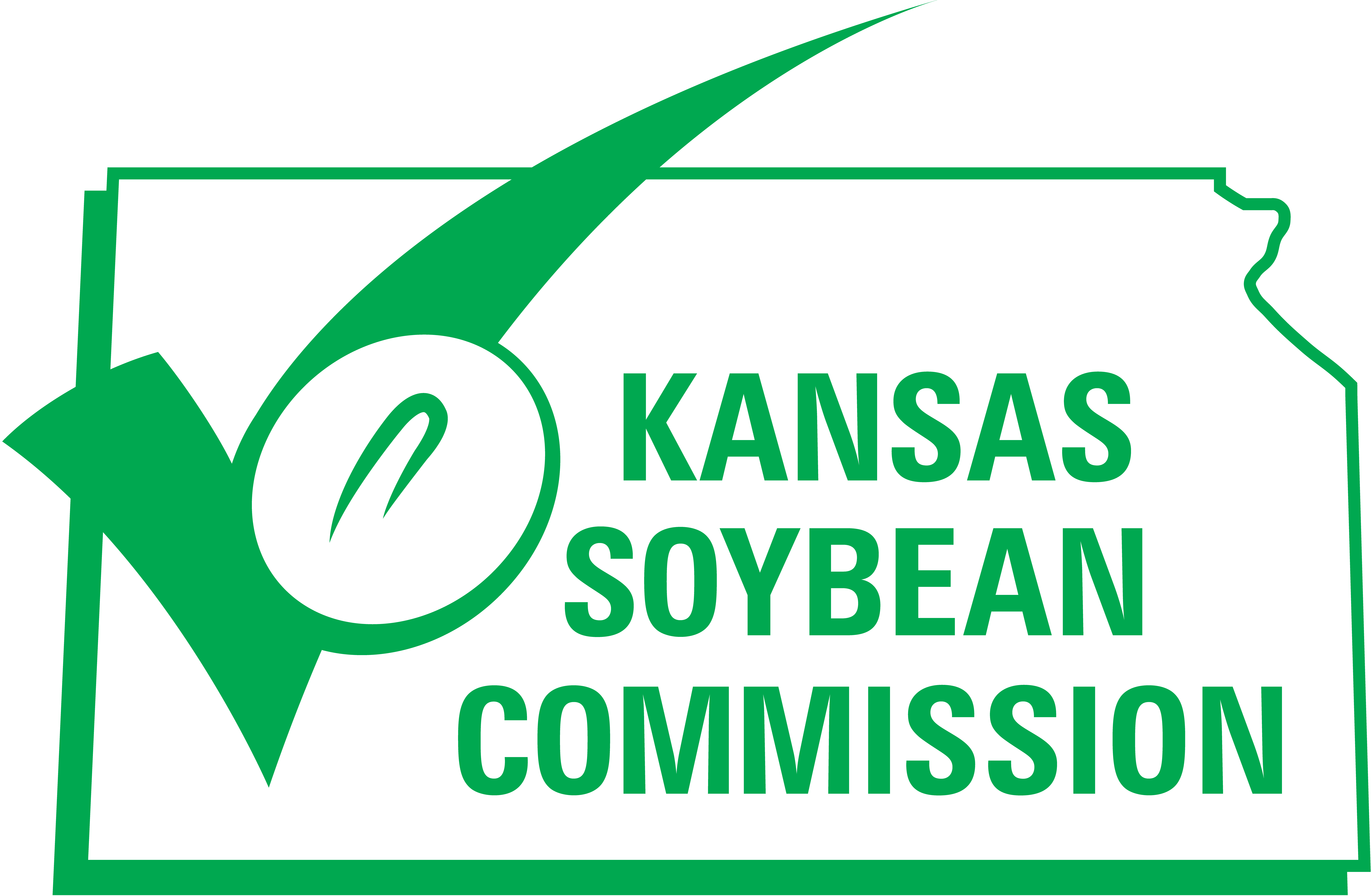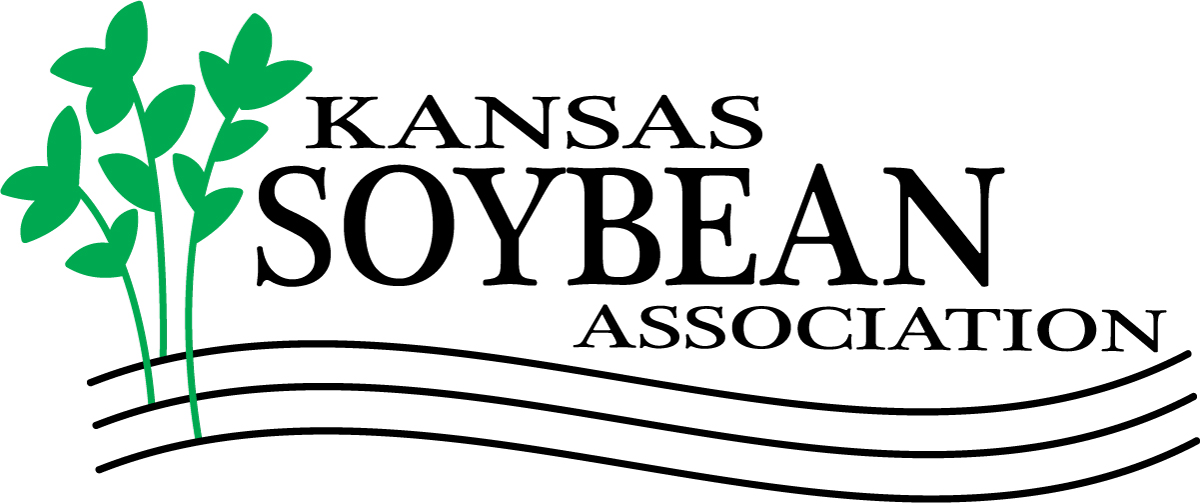KSA membership means representation in policy
Back in 1973, a group of Kansans with varying roles in the agriculture industry recognized the need for an organization that would work on behalf of soybean growers in the state. The organization would “bring together all persons interested in the production, marketing, distribution and soybean products” per the article of incorporation, and it would benefit soybean growers and all of agriculture through its work. So came to be the Kansas Soybean Association.
Current day efforts of KSA rely on the membership dues of soybean growers and affiliates to operate as the collective voice of those it serves. Those who do invest in KSA find value in the partnership.
For Everest farmer Jim Becker, membership means representation.
“As a soybean grower, you need a representative,” he says, adding that the current climate favors lobbyists and who speaks the loudest when it comes to critical issues. “Having someone to lead the charge on issues keeps soybean production rolling in the right direction.”
Becker joined the association in 2012. He received information about the association and work it does on behalf of soybean growers and recognized the importance of joining. It is hard to put a number on the value, he says, but the piece of mind that comes with representation is what provides value to his farming operation, which consists of soybeans, corn and a cow-calf herd.
This sentiment rings true for Nortonville farmer Melvin Nolting, who has been a member for over 50 years. While agricultural policy hasn’t been a focal point for Nolting, he appreciates the work that KSA does on his behalf.
“The association ensures [soybean growers] don’t get pushed aside in policies,” he says, noting how legislation has brought attention to soybean products like biodiesel. Overall, he believes the whole industry benefits when KSA gets to work.
Nolting farms in Atchison County, one of the few in the state with enough members to have its own representative. Even with the current count, Nolting has neighbors who he says should make the investment to join.
When Nolting first joined, he saw membership as a way to help the collective farmers’ cause, put agricultural products in the spotlight and connect those products to markets. He hopes his neighbors recognize that value, as well.

